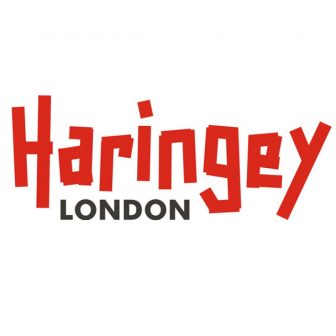 The owners of long-term empty homes in parts of north London will be forced to pay double their council Tax bill one year earlier as part of action to help tackle the housing crisis.
The owners of long-term empty homes in parts of north London will be forced to pay double their council Tax bill one year earlier as part of action to help tackle the housing crisis.
This week, the cabinet at Haringey Council voted to charge 200% council tax on properties that have been empty for 12 months, reduced from two years, to encourage the owners to bring them back into use.
The charge, which will take effect on 1 April 2024, comes alongside plans for a new double council tax bill on fully furnished second homes and holiday lets for the periods they are empty, with councillors at the meeting agreeing this will be levied from 1 April 2025.
It is estimated that in London alone there are 34,000 long-term empty dwellings, including more than 1,000 in Haringey.
Cllr Dana Carlin, cabinet member for finance and local investment, said: “We are determined to turn Haringey’s empty dwellings into new homes.
“Londoners are in the grip of a housing crisis, and bringing unoccupied homes into use is part of the solution. Across the capital there are more than 34,000 long-term empty homes – that is over half the number of London households that are currently homeless and living in temporary accommodation.
“In Haringey we have more than 13,000 households on our housing waiting list and last year alone we received 4,400 homelessness applications, one of the highest in London.
“When affordable and good quality homes are in such short supply, empty properties – whether it is a short-term holiday let, a second home, or a home left empty – drives up the cost of renting locally.
“We believe it’s fair that those who can afford to keep their properties unoccupied for long periods of time should either contribute more to preventing homelessness or explore more socially responsible ways for their properties to provide them income.”
Both measures are being introduced following changes in legislation after a campaign by councils across the country called for the government to give them more powers to tackle empty homes, which can also attract vandalism and antisocial behaviour.
According to Council Tax base calculations, there are currently 1,028 properties in Haringey which have been empty for between 12 months and five years. Applying the premium is expected to raise an additional £900,000 a year.
Even more properties, 1,067, are registered as fully furnished second homes – 479 with no resident for more than a year and 588 for less than 12 months. Legislation means councils must decide to charge a premium one year before its introduction, meaning a start date of 1 April 2025.
Council call for greater powers to address empty properties
Councils in England have called on the government to grant them more powers to deal with empty properties and holiday homes, as cash-strapped councils turn to new methods to combat growing housing shortages in their areas.
A number of councils are pursuing council tax premiums, providing grants for property refurbishment, working with genealogists to identify unknown owners and exploring innovative legal means to take control of empty homes.
Housing secretary Michael Gove recently singled out the issue of empty homes in the government’s recently passed Levelling Up and Regeneration Act, which allows councils to charge double the rate of council tax on properties that have been empty for at least one year, up from the standard levy at present.
The increased levy — which is not due to take effect until at least April, according to ministers — comes alongside a new double council tax charge on furnished second homes. Owners of homes unoccupied for more than five and 10 years also face higher bills.
Figures published in October by the Department for Levelling Up, Housing and Communities showed more than 260,000 residential properties in England that had been empty over the long term. Meanwhile, there are about 70,000 holiday homes in England and Wales, according to census data from 2021.
Luke Murphy, associate director for housing at the Institute for Public Policy Research think-tank, said: “It feels egregious in certain local settings, but it’s actually not one of the driving issues. The problem in our housing market is that we have failed to build the homes that we need to build,” he said.


Comments are closed.